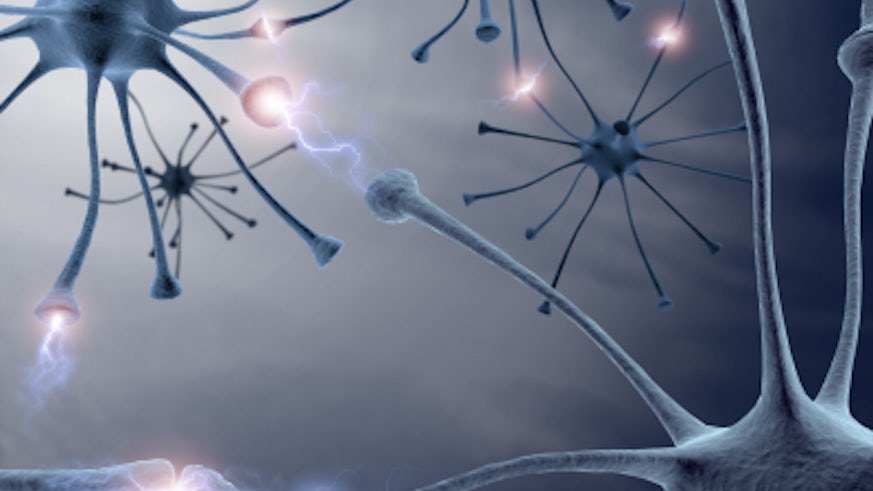Landmark research in Huntington’s disease
9 January 2018

A major step forward has been made in the quest to find a therapy for Huntington’s disease, says researchers at Cardiff University, after the success of an initial trial of a new drug.
Cardiff University has been part of a study to put a new drug to the test in a human clinical trial, which demonstrated that the compound successfully decreases the presence of a harmful protein in this form of dementia.
Huntington’s disease is caused by patients inheriting a faulty gene, which leads to the production of a toxic protein called mutant huntingtin.
Mutant huntingtin protein causes neurodegeneration by slowly poisoning specific groups of brain cells, leading to gradual dysfunction and decline in motor skills, cognitive abilities and behaviour over a twenty year period.
The disease ultimately leads to patients needing 24 hour nursing care and is fatal.
Anne Rosser, Professor of Clinical Neuroscience at Cardiff University, said: “The development of preventative therapeutics and treatments for this form of dementia is of great importance, as there is currently no cure for Huntington’s disease.
“This clinical trial represents a huge leap in developing a drug that could be used in clinics.”
The new drug was developed by a group at University College London, led by Professor Sarah Tabrizi, in partnership with Ionis Pharmaceuticals, and aims to decrease the levels of the mutant protein.
The drug’s effectiveness was tested in an initial in-human clinical trial which involved the Huntington’s disease clinical team at Cardiff University, along with clinical sites at University College London, the Universities of Birmingham, Manchester, and Cambridge and sites in Germany and Canada.
The clinical trial, led in Cardiff University by Professor Anne Rosser and Dr Tom Massey, used a lumbar puncture to inject the drug into the cerebrospinal fluid, the fluid that surrounds the brain, and observed that the drug led to a decrease in the levels of huntingtin in the brain.
Anne Rosser said: “By demonstrating that this drug is effective in decreasing the levels of huntingtin protein in the brain, and is safe to use in humans, it will now be possible to go on to test the drug further with the aim of developing treatments for Huntington’s disease that can be used in clinics.
“Although this is not a cure for Huntington’s disease yet, it does represents a major step forward in the quest to find a therapy for this untreatable condition.”

